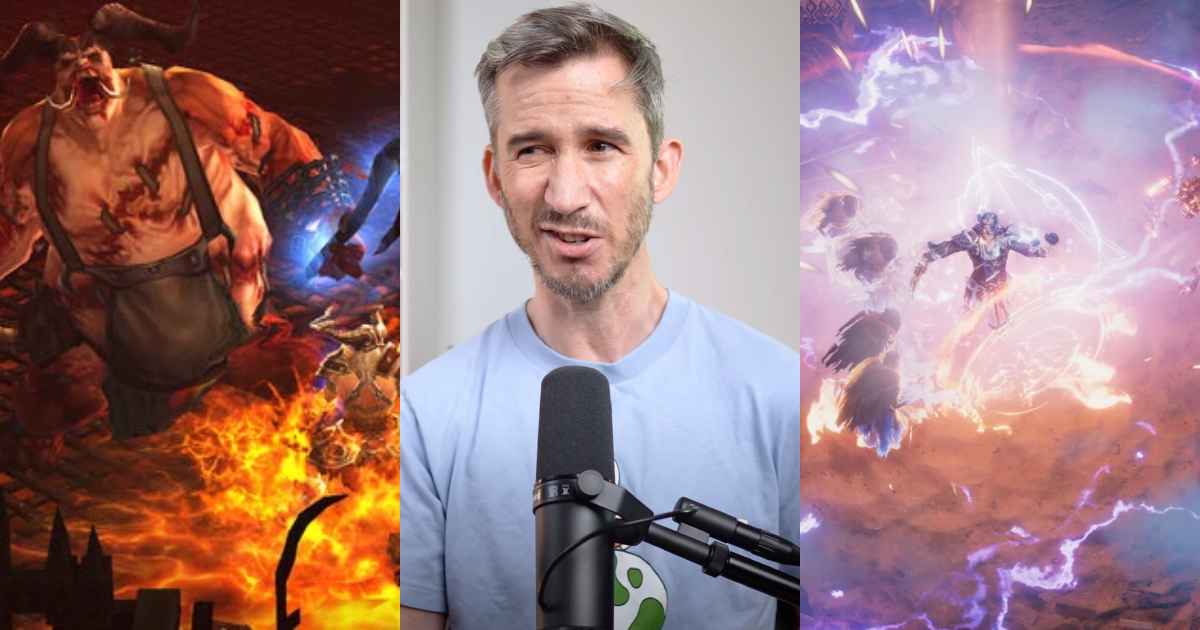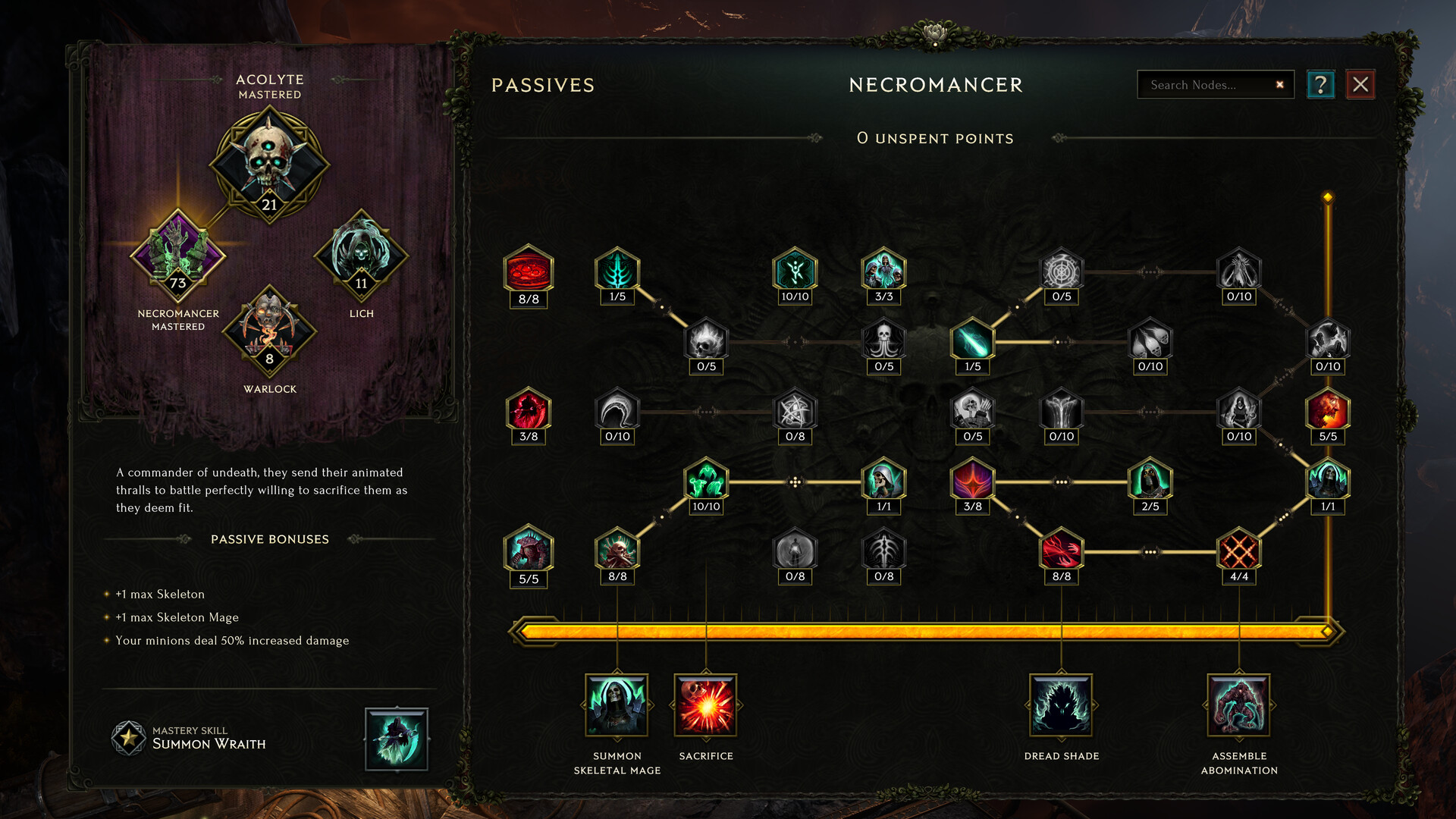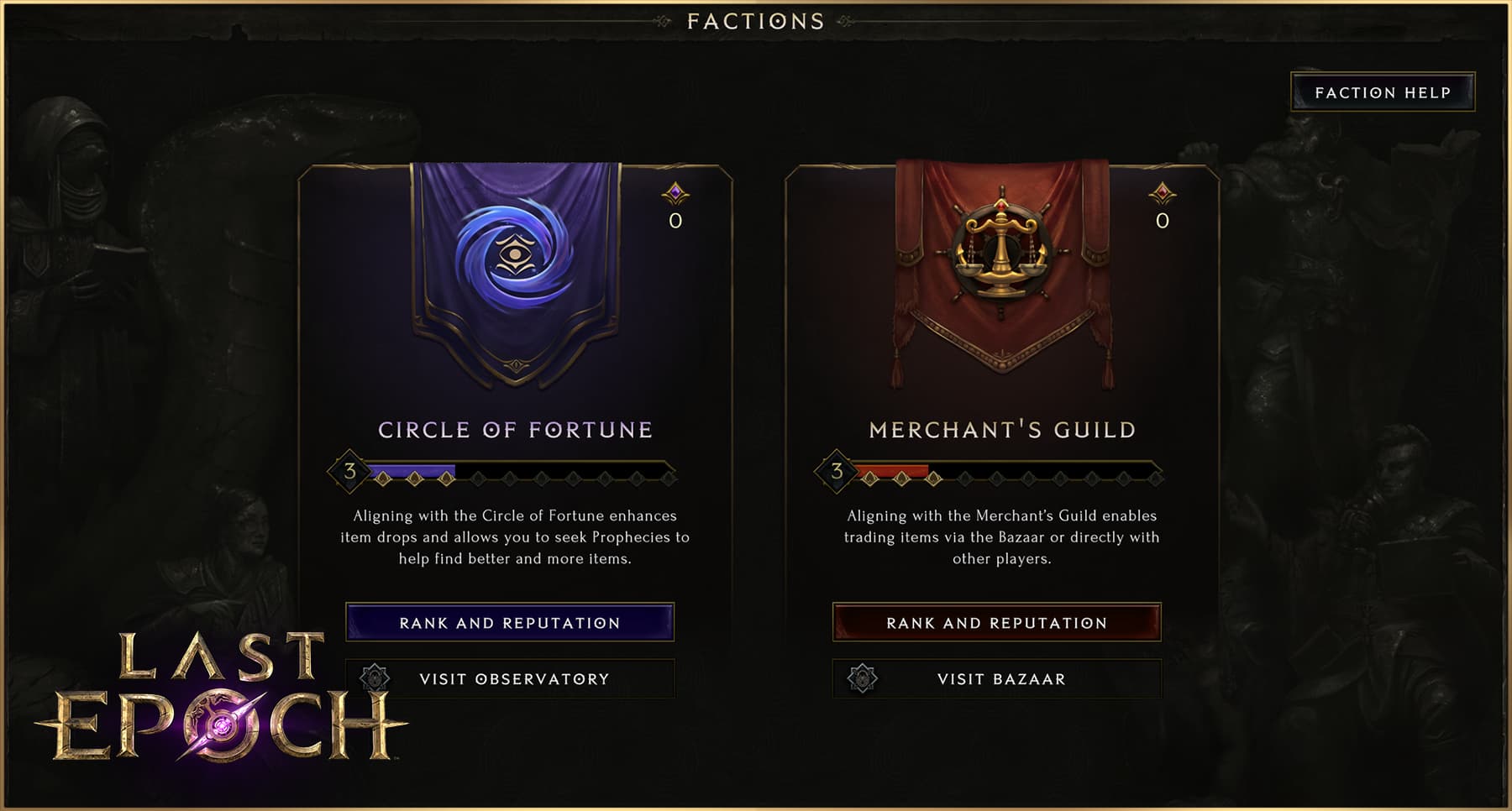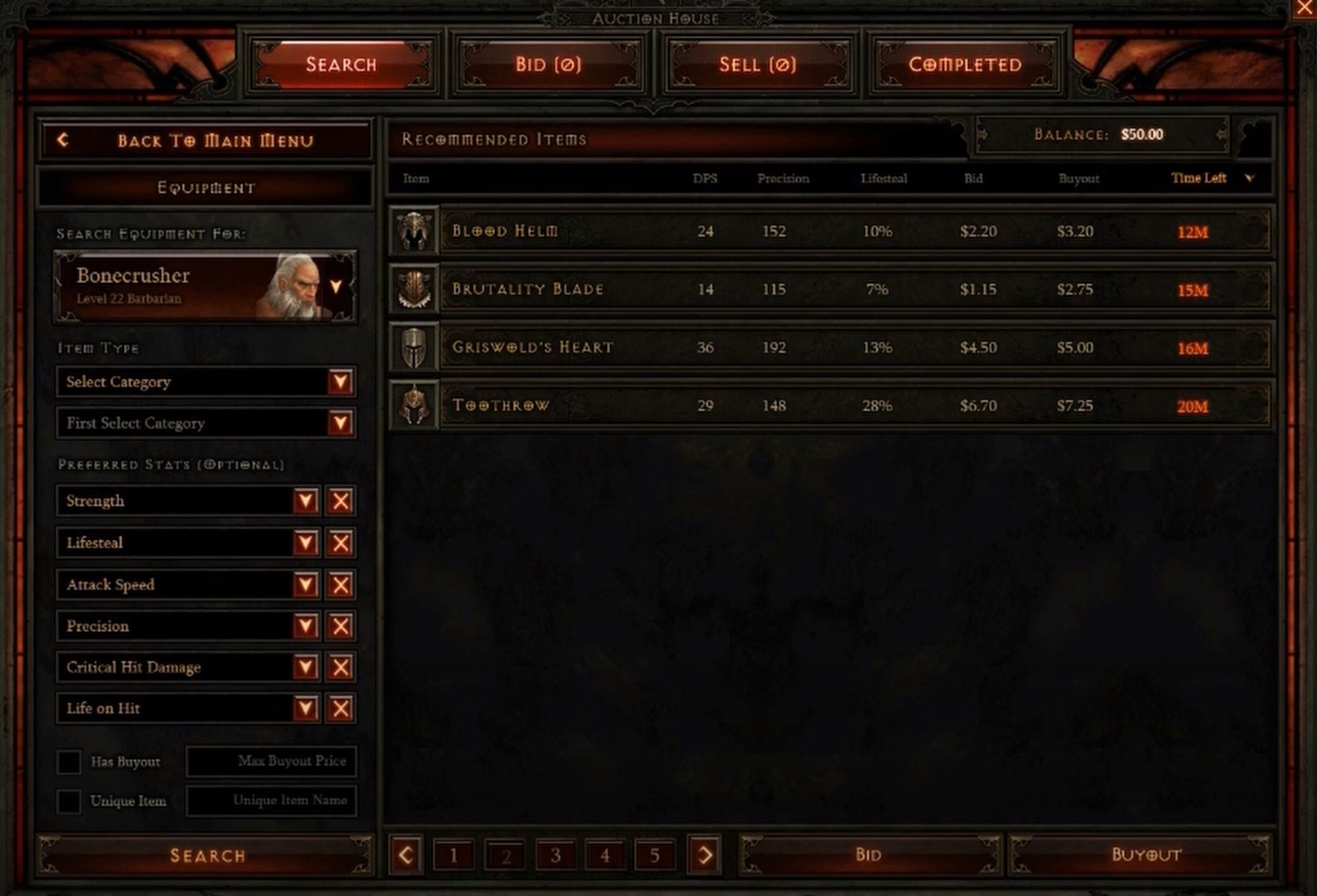Veteran game designer Andrew Chambers recently played Last Epoch, and this experience got him reflecting on his time working on Diablo III. He realized that Blizzard could never have made a game like this, and here is why.

Before we start, a few words about Chambers. He started his gamedev career in 1999, working as a game designer on Freedom Force at Irrational Games. He then spent six years at Relic Entertainment, where he contributed to games like Warhammer 40k: Dawn of War and Homeworld 2.
Chambers also worked at Blizzard Entertainment from 2011 to 2014 and from 2015 to 2020. He was a system designer on Diablo III (designed the crafting system and led the development of the Crusader class), while also working on two expansions for World of Warcraft, Legion and Battle for Azeroth. His other career highlights include serving as design director at Phoenix Labs and creative director at Netflix.
Earlier this year, Chambers launched a YouTube channel where he shares his thoughts on various games, their design and features (it is very insightful and well produced!). His latest video is focused on Last Epoch, an action RPG made by fans of the genre that peaked at nearly 265k concurrent players on Steam shortly after its 1.0 launch in February.
Skill system: complexity vs. simplicity
- Last Epoch has a very complex skill system where you have passives, skills, and subclass that narrow your character’s specialization. This allows players to create very specific builds, opening up room for experimentation and appealing to what core action RPG fans want.

- Chambers noted that Blizzard couldn’t create such a system, because the studio’s goal was to reach a broader audience than just Diablo fans. “The best way to that is to create systems that are much more approachable, which usually means trade-offs in that complexity,” he explained.
- It wasn’t for lack of trying, as Chambers said the team made about 12 different full iterations on the skill system. Some of them were really complex, such as a scrapped version where classes could insert special runes with different levels and affixes into their skills to add unique properties.
- Although Chambers regrets pulling the plug on this concept, he believes that the final version of the skill system really works for the ultimate goal that Blizzard had at the time. He also added that the choice was determined by the game’s stat system: “If the stat system at its core is quite simple, then the number of other methods or tools or ways that you can impact that and change those stats is limited just by its nature.”
Last Epoch has a much better trading system than Diablo III
- EHG implemented two Item Factions into Last Epoch, each catering to the needs of different players. One enhances items you find in the game, and the other enables trading items through the Bazaar or directly with other players.
- The factions have their own progression, which provides players with various benefits. It also doesn’t allow players of all levels to trade legendary items, preventing the creation of mule accounts to abuse the system.
- “I think most action RPGs should be looking at Last Epoch’s trading system solution and asking themselves, ‘Wow, what can we learn from this? How can we pull from this to make ours better?’ Because I really think that [EHG] nailed it,” Chambers noted.

- So Last Epoch solves trading problems for different audiences and different playstyles, because some people don’t want to participate in the auction, while others enjoy hunting for rare items or listing them for sale.
- Blizzard, on the other hand, wanted to create a safe environment for players to trade things. But Chambers admits that with the Auction House, they did “so many mistakes, it wasn’t even funny.”
- The biggest mistake was that they didn’t make items bind on equip (when an item equipped by a player can’t be traded or placed on the Auction House). This led to people buying certain items, playing with them for a while, and then trading them back. So players were just renting the best and most powerful gear, skipping the entire journey behind it.
- “That’s not satisfying,” Chambers said. “It’s the definition of cheating. It’s actually one of my biggest problems with any kind of pay-for-power. You’re basically bypassing the journey, which is one of the best parts about playing a game.”
- The Auction House caused a huge controversy within the community, with Blizzard eventually discontinuing the feature in March 2014.

Blizzard wasn’t focused on the endgame enough
- According to Chambers, Blizzard didn’t focus on the endgame during the development of Diablo III. Instead, they mostly paid attention to the Act 1-4 progression on a normal difficulty and the narrative component to it.
- The studio also didn’t run any public playtest of the endgame due to concerns of releasing a story too early. However, Chambers now thinks that this was probably a mistake: “I think we would have learned so much more rather than waiting to release and having to fix or try and solve problems on the fly in a live environment.”
- Blizzard thought that people would play Diablo III in the same way that they played Diablo II, but they didn’t take into account that the gaming landscape has changed drastically between those games. “We were relying on this D2 mentality that probably just didn’t exist anymore,” Chambers noted.
- Last Epoch was developed with the endgame in mind, so it feels like a natural extension of the game. EHG also learned from the experience of other titles in the genre to make this aspect fun.
***
For more details about the difference between the two games, including the crafting system, watch the full video below. Here Chambers also reflects on things that he believes Diablo III did better than Last Epoch, such as the story, overall pacing, enemies, and responsiveness of skills.
